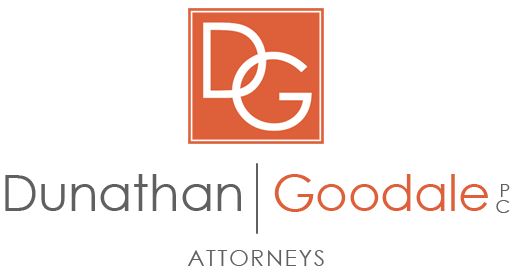Changes Affecting Retirement Accounts
Quite a few changes have been made to the laws that may affect your estate and long-term care planning. In December, Congress enacted the SECURE Act, which stands for Setting Every Community Up for Retirement. What does this mean for you? Much of the Act affects your retirement account, such as IRAs, 401ks, SEPs etc. Other parts of the Act affect employers (plan sponsors) and offer incentives for creating retirement accounts and make administering them slightly easier. Putting aside how the Act impacts plan sponsors and plan administrators; let us look at how it impacts plan owners:
1) There is no longer a maximum age when you must stop contributing to your IRA … if you have taxable income you can continue saving but be wary of number 4 below;
2) You can withdraw up to $5,000.00 penalty free (not income tax free) for expenses relating to the birth or adoption of a child;
3) The age for commencing Required Minimum Distributions “RMD” has increased from 70 ½ to 72. If you were already 70 ½ in 2019, this does not apply to you; you must continue to take your RMD.
4) The biggest change has been made to inherited accounts. Previously you could leave your retirement account to your children (inherited IRA) and they could withdraw from it over their lifetime. Now, only qualified spouses, disabled children or trusts for the benefit of a disabled child, and children under the age of 18 until they reach 18 can get the benefit of the withdrawal over their lifetime.
Why is stretching the retirement account over a lifetime a benefit? Simply put, taxes, taxes, taxes. Every dollar coming out of a retirement account (with the exception of Roth IRAs) is reportable income on your personal tax return. If you can stretch out the withdrawals, you can reduce the income tax consequences and you can take more in your later years when you are retired or your income is lower.
After the passing of the SECURE Act, inherited accounts must be withdrawn fully after 10 years (December 31st of the 10th year after the death of the original account owner). You do not have to take the account out in scheduled installments; you can take it in one lump or several lumps toward at any time within the 10 years. An inherited retirement account can be withdrawn in the years that you have reduced income…. let’s say because of the Covid 19 shut down, retirement or illness.
Retirement accounts have now become a less attractive account to leave to your children. This means there are some planning opportunities. You should utilize retirement account assets rather than taxable accounts when the account owner is earning less money, rather than leaving it to children who are still earning and in a higher tax bracket. You can take larger withdrawals and use those withdrawals to fund a life insurance policy that would pass income tax free to children. You may want to use retirement accounts before other non-retirement assets to pay for large expenses such as long-term care expenses.
Speak with your financial adviser and/or tax professionals; they can analyze your specific situation to see what makes the most sense.
Stay tuned for changes to the Medicaid rules…
